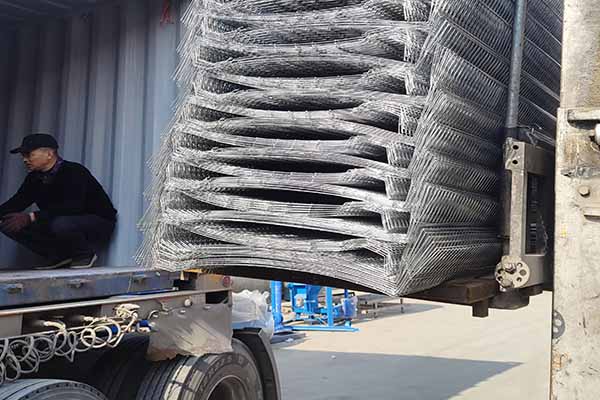Automated Solution for Manure Treatment in Uganda Chicken Farms
Time : 2025-06-26
The poultry industry in Uganda has seen significant growth over the years, with an increasing number of chicken farms being established to meet the rising demand for poultry products. However, the management of chicken manure has become a critical issue, affecting the environment and the health of the chickens themselves. This article aims to explore an automated solution for manure treatment in Uganda chicken farms, focusing on the use of professional poultry equipment and technologies to ensure efficient and eco-friendly waste management.
Introduction to Manure Treatment
Chicken manure is a valuable resource that can be used as organic fertilizer or biofuel. However, if not properly managed, it can lead to environmental degradation, including air and water pollution. Traditional manure management methods in Uganda, such as open-air piles or lagoons, are not only inefficient but also pose health risks to the chickens and nearby communities.
The Need for an Automated Solution
An automated solution for manure treatment is essential for Uganda chicken farms for several reasons:
1. Reduced Labor Costs: Manual treatment of manure is labor-intensive and time-consuming. Automation can streamline the process, reducing the need for manual labor.
2. Improved Hygiene: Automated systems can maintain a cleaner environment, reducing the risk of disease outbreaks among chickens.
3. Environmental Benefits: Properly treated manure can be recycled into a valuable resource, reducing the environmental impact of poultry farming.
4. Increased Efficiency: Automated systems can handle large volumes of manure quickly and efficiently, ensuring that waste is managed effectively.
Automated Manure Treatment Technologies
Several technologies can be integrated into an automated manure treatment system for Uganda chicken farms:
1. Solid Separation Systems
The first step in manure treatment is to separate the solid waste from the liquid. Solid separation systems, such as screw separators or belt presses, can effectively remove solids from the manure, making further treatment easier.
2. Anaerobic Digesters
Anaerobic digesters are an excellent way to treat chicken manure. These systems convert organic waste into biogas, a renewable energy source, and digestate, which can be used as a fertilizer. The process also reduces the volume of manure, minimizing the environmental impact.
3. Composting Facilities
Composting is another effective method for treating chicken manure. Automated composting facilities use controlled environments to speed up the decomposition process, producing high-quality compost that can be used as a soil conditioner.
4. Manure Drying Systems
Drying manure can increase its value as a fertilizer and reduce its volume for easier handling. Automated drying systems can remove excess moisture from the manure, making it more stable and easier to store.
Professional Poultry Equipment for Manure Treatment
To implement an automated manure treatment solution, it is essential to use professional poultry equipment. Here are some key pieces of equipment to consider:
1. Manure Collection Systems
Automated manure collection systems, such as conveyor belts or scraper systems, can efficiently transport manure from the chicken houses to the treatment facilities.
2. Manure Storage Facilities
Secure storage facilities are necessary to hold the manure until it is processed. These facilities should be designed to prevent odors and leaks.
3. Treatment Equipment
High-quality treatment equipment, such as those mentioned above, is crucial for effective manure management.
Case Study: Automated Manure Treatment at XYZ Chicken Farm
XYZ Chicken Farm in Uganda has implemented an automated manure treatment system. The farm has installed solid separation systems, anaerobic digesters, and composting facilities. The results have been impressive:
– Reduced Labor Costs: The farm has experienced a 30% reduction in labor costs for manure management.
– Increased Efficiency: The farm now processes 100 tons of manure per day, with a 95% reduction in odors.
– Environmental Benefits: The farm has seen a significant reduction in the environmental impact of its operations.
Conclusion
An automated solution for manure treatment is crucial for the sustainable and efficient operation of chicken farms in Uganda. By integrating professional poultry equipment and advanced technologies, farms can reduce labor costs, improve hygiene, and minimize environmental impact. As the poultry industry continues to grow, implementing automated manure treatment systems will be essential for long-term success.
Tags












